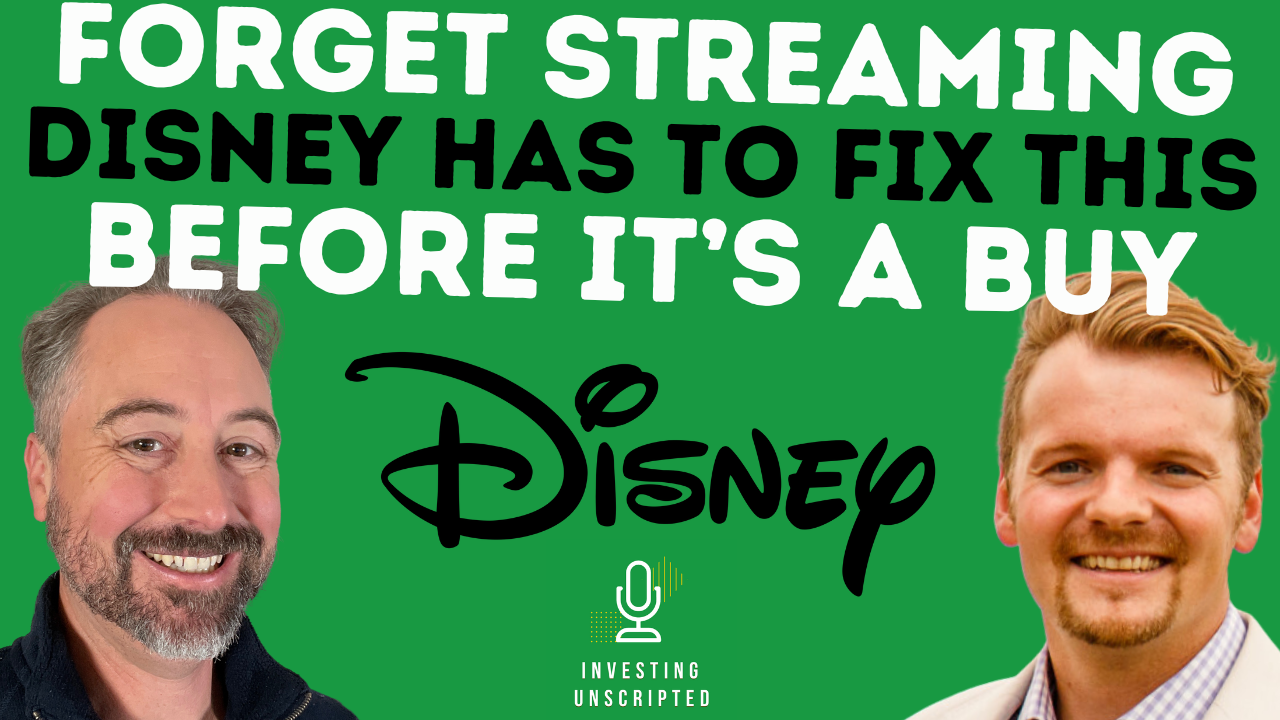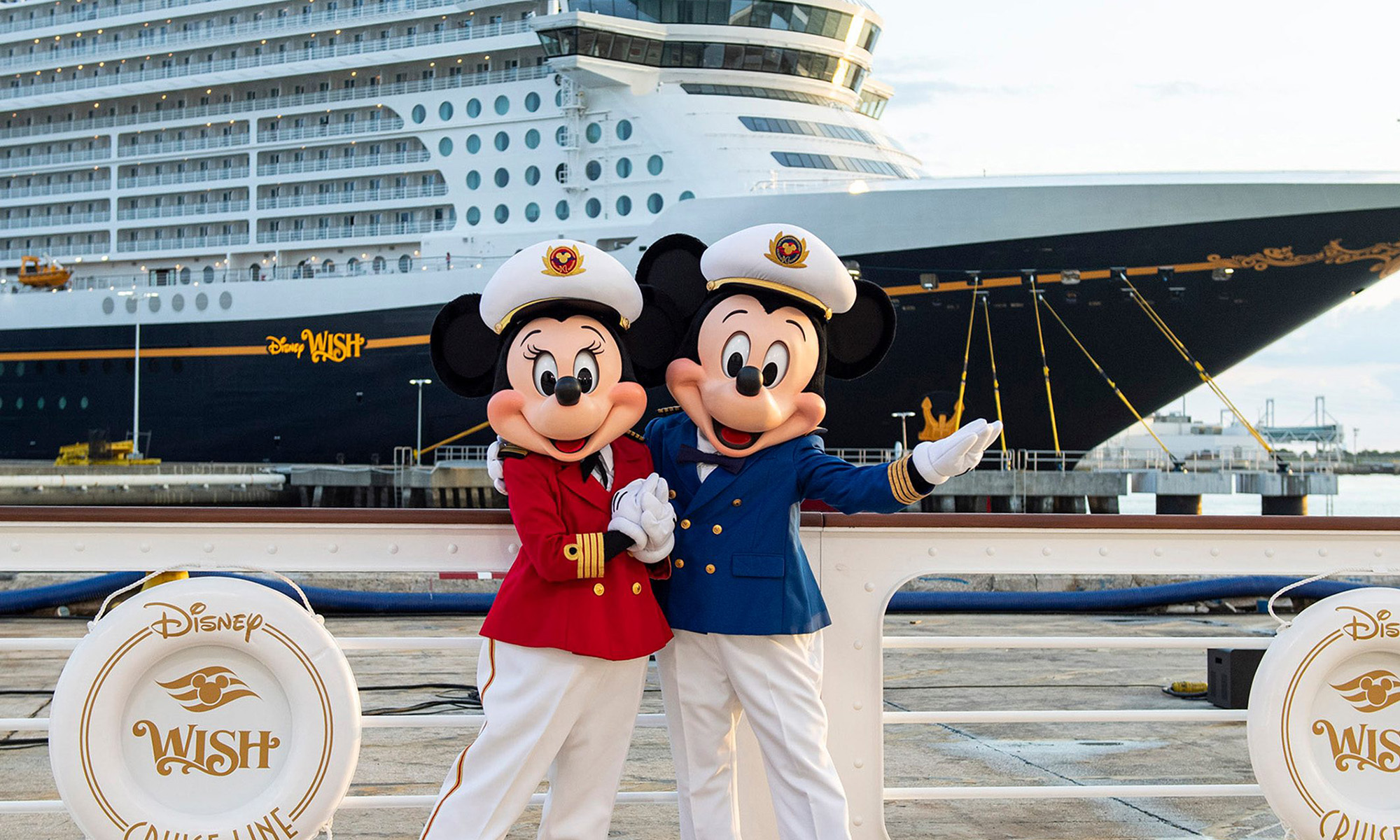Even though the tag line for its namesake theme park is "The Happiest Place on Earth," investors in The Walt Disney Company (DIS 1.94%) haven't had much to be happy about. While the broader market has gained 30% over the past three years, Disney stock has languished, falling 9% over the same period.
The largest contributor to this lackluster performance is the company's struggling media networks division, which accounts for the bulk of Disney's revenue and profits. In 2017, revenue from the segment fell 1% year over year, while operating income dropped 11%. The acceleration of cord-cutting and rapid adoption of streaming have resulted in falling subscriber rates, even as contractual content spending at sports cable network ESPN is locked in for years.
Yet even in the face of these challenges, there are plenty of reasons for investors to buy Disney stock and hang on for the ride.

Image source: author.
1. Pricing power at its theme parks
Earlier this year, Disney raised the cost of admission to its theme parks for the 30th consecutive year. Even with those price increases, attendance as the company's domestic parks rose 5% in its most recent quarter, while per-capita spending increased 6%. This drove revenue for the segment up 13% year over year, while operating income jumped 27%.
2. Several blockbuster movie studios
Movies are the cornerstone of Disney's business, beginning with the release of its first feature-length animated film Snow White and the Seven Dwarfs in 1937. Disney CEO Bob Iger sought to add to the company's filmmaking legacy with the purchase of Pixar in 2006. That was followed with the addition of Marvel in 2009 and Lucasfilm in 2012.
That strategy has been an unqualified success. Of the 34 movies that have grossed more than $1 billion in ticket sales, fully half are from Disney's stable of studios, and the company's productions also claim five of the top 10 spots. Disney is on track for a record year at the box office, largely on the strength of hits such as Black Panther, Avengers: Infinity War, and Incredibles 2. As of this writing, Disney has nabbed over 46% of the domestic take so far this year.
Disney's success on the big screen has produced tangible financial benefits, as operating income at the segment has quadrupled over the past five years and now accounts for 16% of the company's total operating income.
3. Potential to become a force in streaming
There's no question that the advent of streaming has changed the entertainment landscape, and while Disney may have been slow out of the blocks, there's arguably no company better positioned to challenge the current leaders than the House of Mouse. With the purchase of streaming specialist BAMTech last year, Disney announced to the world that it wouldn't be so easily cast aside.
The company already has a 30% stake in Hulu, the third-most-popular streaming service, and that's set to increase to 60% with the acquisition of Twenty-First Century Fox (FOXA +0.00%) (FOX +0.00%). Earlier this year, Disney launched ESPN+, a companion streaming service to its flagship sports network, which will include a variety of Major League Baseball games, National Hockey League games, Major League Soccer games, as well as a host of other programming including college sports, golf, cricket, rugby, and Grand Slam tennis. Next year the company plans to release a Disney-branded streaming service, which will be populated by content from the Pixar, Marvel, Lucasfilm, and Walt Disney movie studios, as well as original programming developed specifically for the platform.
With one of the largest treasure troves of characters and content around, Disney is uniquely positioned to take a run at the streaming-industry leaders.

Disney plans to open a fully immersive Star Wars-themed resort. Image source: Disney.
4. Greater than the sum of its parts
Disney has an advantage that is unmatched among its peers. The company's strategy uses its theatrical films as the central hub that then populates its television productions, merchandise offerings, and theme parks with its most popular characters, creating a virtuous cycle. Disney is able to build successful and profitable brands that can then be leveraged in future movies, live shows, theme park rides and attractions, toys, video games, and other merchandise.
The company has also been a master at reinvigorating decades-old characters. Consider recent blockbusters The Jungle Book, Alice in Wonderland, Cinderella, and Maleficent; the soon-to-be-released Dumbo; and the long-awaited sequel to Mary Poppins. Each successful reimagining adds to the growing list of profitable enterprises.
A history of change
There's no denying that Disney is going through yet another transition, adapting to a world that increasingly relies on streaming. Reinvention is nothing new for the entertainment giant, which has a history of changing with the times. The company has successfully navigated changes in the entertainment landscape for decades, including the introduction of television, cable, and now streaming.
While there have been periods of uncertainty for investors, Disney has a track record few can match. Since its debut in 1957, Disney stock has returned more than 5,000%. There's no reason to think this run won't continue.






